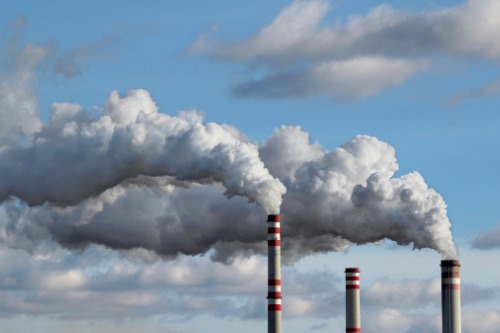While Vancouver is already known for its progressive environmental disposition, it intends to take it up a notch by next year

While Vancouver is already known for its progressive environmental disposition, it intends to take it up a notch by next year.
With its “Greenest City 2020 Action Plan,” the city intends to reduce community-based greenhouse emissions by 5% below 1990 levels, greenhouse gas emissions in existing buildings 20% below 2007 levels, and require buildings constructed from 2020 henceforward to be carbon neutral in operations. Given that Vancouver already has among North America’s most environmentally-friendly building regulations, the task isn’t surmountable.
“Vancouver’s next challenge is to improve the environmental performance of existing building stock by focusing on retrofits such as insulation, heating and lighting system upgrades and energy-efficient appliances, as well as on how people operate buildings,” read the city’s Action Plan. “In British Columbia, we continue to have access to relatively inexpensive energy sources. In addition, the landlords and developers who make decisions about new designs or retrofits don’t often pay the utility bills and don’t immediately benefit from efficiency savings that can take time to show return on initial investments.”
The City of Vancouver used greenhouse reduction plans in other cities as a template for its own plan. Although it hasn’t been drafted, the municipal government intends to do it in such a way that it consistently augments requirements, while being predictable for both builders and the market in general.
Additionally, the initiative is expected to catalyze job creation in the green building sector.
“Financing tools and incentives provide ways to address concerns of affordability and fairness, and increase the pace of change towards green developments and retrofits,” continued the Action Plan. “One example of this strategy is the development of the Home Energy Loan Program, which provides homeowners with affordable financing for energy efficiency upgrades. The money saved on energy bills can significantly offset the loan payments. Capacity building The City is in a unique position to bring together different groups and build partnerships that ensure there are enough skilled workers to meet the needs of a rapidly growing green building sector. This will make a significant contribution to new green jobs in Vancouver.”
Lane Theriault, president of Subterra Renewables, commends Vancouver for its environmentally-progressive policies, but noted that the last mile is always the most difficult.
“The city has a progressive building code, which is admirable, but the last mile of GHG reductions is always hard to do,” he said. “Personally, I’d like to see a ban on natural gas, or at least make it a premium and use it for things like cooking, but it shouldn’t be used for hot water. Without eliminating on-site GHG production, you won’t get that last piece done.”



